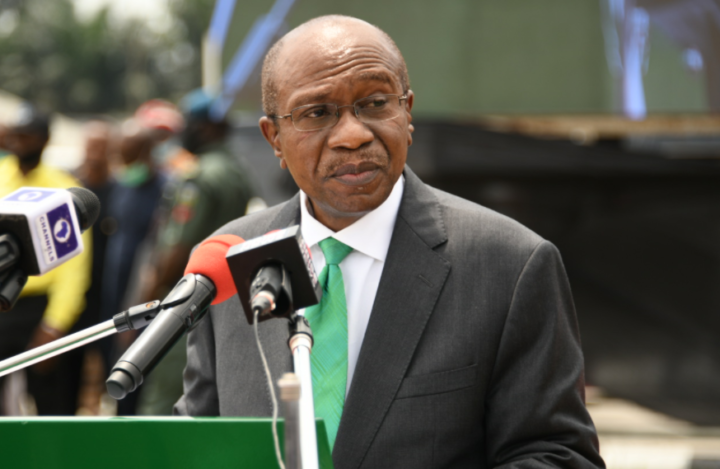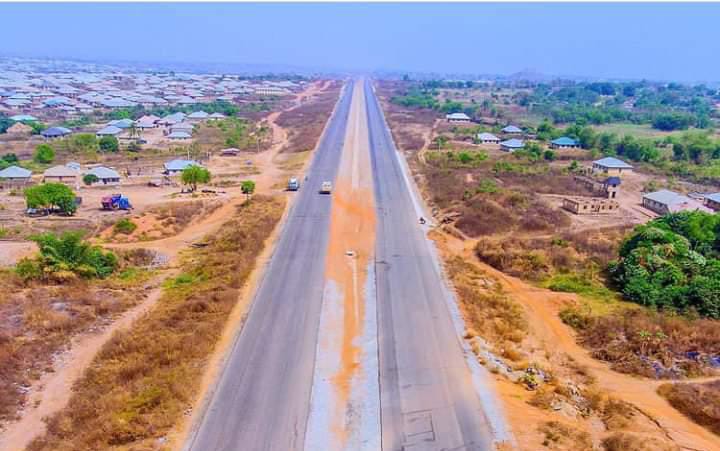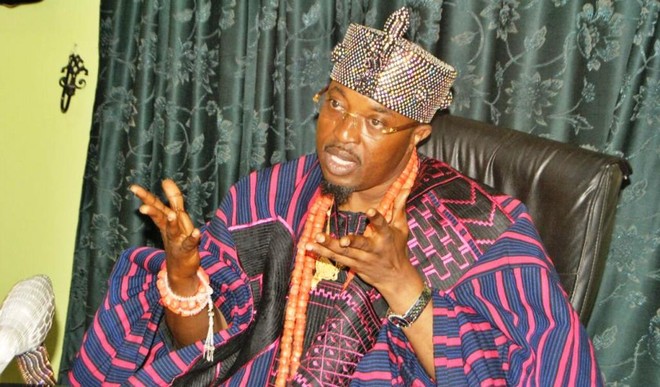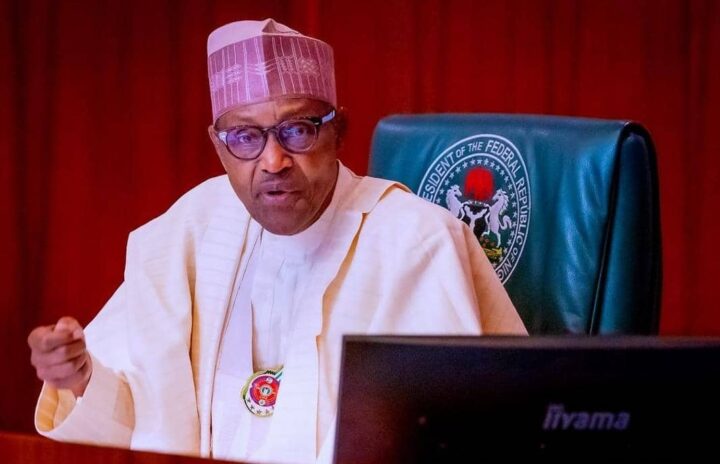On Thursday, the Central Bank of Nigeria(CBN) unveiled the bankers’ committee ‘RT200 FX Programme’, which stands for the ‘Race to $200 billion in FX Repatriation’.
The bankers’ committee is the umbrella body of CBN directors and chief executives of all deposit money banks (DMBs), with the CBN governor as chairman.
Addressing journalists after the bankers’ committee meeting, Godwin Emefiele, CBN governor, said the initiative was designed to generate $200 billion from non-oil exports.
“The RT200 FX Programme is a set of policies, plans and programmes for non-oil exports that will enable us to attain our lofty yet attainable goal of US$200 billion in FX repatriation, exclusively from non-oil exports, over the next 3-5 years,” he said.
Advertisement
The apex bank governor explained that the RT200 programme would have five key anchors: value-adding exports facility, non-oil commodities expansion facility, non-oil FX rebate scheme, dedicated non-oil export terminal, and biannual non-oil export summit.
TheCable looks at the details of the RT200 FX programme.
VALUE-ADDING EXPORTS FACILITY
Advertisement
According to Emefiele, the value-adding export facility will provide concessionary and long-term funding for businesspeople who are interested in expanding existing plants or building brand new ones. He said it would be the sole purpose of adding significant value to Nigeria’s non-oil commodities before exporting the same.
He said the measure became imperative since the export of primary unprocessed commodities does not yield much in foreign exchange.
“In Nigeria today, we produce about 770,000 metric tonnes of Sesame, Cashew and Cocoa. Of this number, about 12,000 metric tonnes are consumed locally, and 758,000 metric tonnes are exported,” he explained.
“The unfortunate thing though is that out of the 758,000 metric tonnes that are exported annually, only 16.8 percent is processed. The rest are exported as raw sesame, raw cashew, and raw cocoa, thereby giving Nigerian farmers an infinitesimal part of the value chain in these products.”
Advertisement
Explaining further, he said Nigeria gets about $804 million per year because it mainly exports raw cocoa beans while Cote D’Ivoire gets S$3.6 billion annually and Ghana generates S$1.9 billion annually.
Due to the disparities between exporters of raw commodities and exporters of semi-finished or finished products, the CBN boss expressed optimism that the value-adding export facility would boost foreign exchange inflows.
He said the facility would also accommodate the demand of the country’s youth population who are already adding value in using e-commerce and online methods for the provision and export of software, financial services, fashion and attires, and others
“As long as these exports are captured with Form NXP and the FX proceeds are repatriated and verifiable, we will accommodate such businesses under this facility,” he added.
Advertisement
NON-OIL COMMODITIES EXPANSION FACILITY
The facility is a concessionary facility designed to boost local production of exportable commodities.
Advertisement
The CBN said it would ensure that expanded and new factories that are financed by the value-adding facility are not starved of inputs of raw commodities in their production cycle.
To maximize the potential of the facility, the bank said it would first prioritise and target certain commodities.
Advertisement
NON-OIL FX REBATE SCHEME
CBN plans a special local currency rebate scheme for non-oil exporters of semi-finished and finished produce who show verifiable evidence of export proceeds repatriation sold directly into the import and export (I&E) window to boost liquidity.
Advertisement
Just like the Naira4Dollar scheme, Emefiele said CBN would establish the modalities for granting a rebate for each dollar that non-oil export proceeds that an exporter sells into the market for the benefit of other FX users and not for funding its operations.
ESTABLISHMENT OF A DEDICATED NON-OIL EXPORT TERMINAL
Emefiele said the Bankers’ Committee would partner with state governments that have existing ports to establish a dedicated export terminal but also the entire ecosystem of world-class infrastructure needed for non-oil exports.
He said within the next three months, the Bankers’ Committee will collect and analyse detailed proposals from interested state governments to decide on partnership.
“We believe that this dedicated port will be capable of creating over 100,000 direct and indirect jobs and would provide a huge boost to our quest for significant improvement in non-oil export earnings in Nigeria,” Emefiele said.
“Let me emphasize that under this arrangement, loans to companies wishing to expand or build new plants that will generate verifiable export proceeds for the economy shall remain at 5 percent per annum for 10 years loans inclusive of 2 years moratorium.”
BIANNUAL NON-OIL EXPORT SUMMIT
The CBN boss also introduced the biannual non-oil export summit, the first of which would be organised during the first week of April 2022.
He said the summit would bring together all the relevant stakeholders in the export business, including bankers, customs, Nigerian Ports Authority, Nigerian Export Promotion Council, clearing agents, cargo airlines, shipping lines, logistics companies, insurance practitioners, and others.
According to him, stakeholders at the forum will discuss the issues, challenges and opportunities in the non-oil export segment of the economy.
“I believe that the ideas harnessed from such summits would be invaluable in helping us reach our ultimate goal of $200 billion in non-oil exports per annum,” he said.
Add a comment






